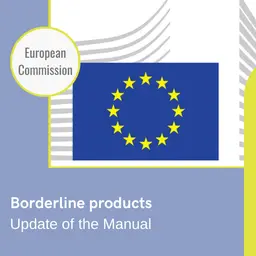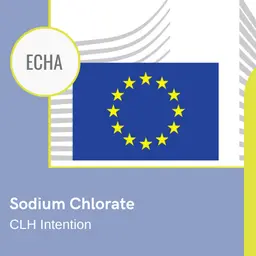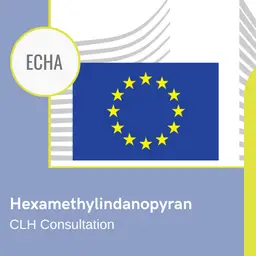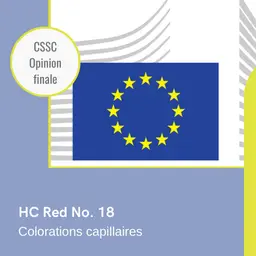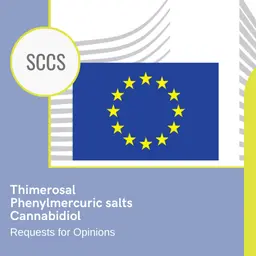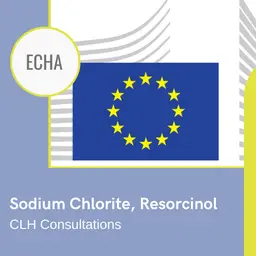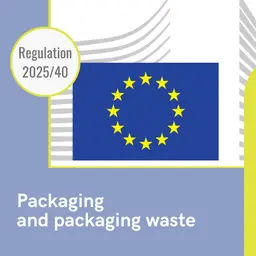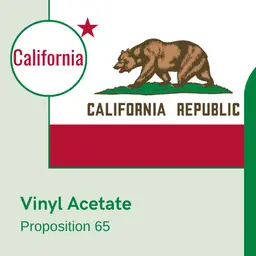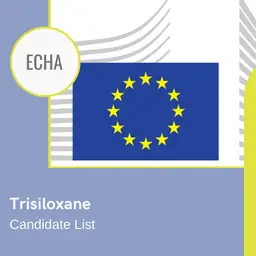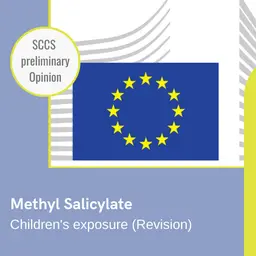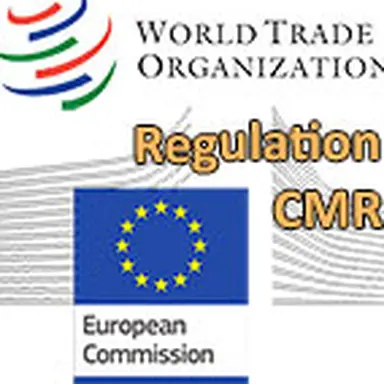
The European Union has just transmitted to WTO a draft regulation aimed at prohibiting or restricting the use in cosmetic products of all substances which have been classified as CMR. Three preservatives – Quaternium-15, Chloroacetamide, Formaldehyde and Paraformaldehyde – will be banned, but Polyaminopropyl biguanide (PHMB) is 'saved' with a maximum authorized concentration of 0.1%. Overall, 209 ingredients will be added in Annex II (forbidden substances) to Cosmetics Regulation 1223/2009.
Notification date
29 June 2017
Products covered
Cosmetics
Title of the notified document
Draft Commission Regulation amending Annexes II, III and V to Regulation (EC) No 1223/2009 of the European Parliament and of the Council on cosmetic products
Content
This draft Commission Regulation aims at prohibiting or restricting the use in cosmetic products of all substances which have been classified as carcinogenic, mutagenic or toxic for reproduction (CMR) during the period from the adoption of Regulation (EC) No 1272/2008 on classification, labelling and packaging of substances and mixtures to the adoption of Commission Regulation (EU) 2015/1221 on classification, labelling and packaging of substances and mixtures, for the purposes of its adaptation to technical and scientific progress.
Objective
Protection of human health or safety
The text of the future regulation
Whereas
1. Regulation (EC) No 1272/2008 of the European Parliament and of the Council provides for a harmonised classification of substances as carcinogenic, mutagenic or toxic for reproduction (CMR) based on a scientific assessment by the Risk Assessment Committee of the European Chemicals Agency. The substances are classified as CMR substances of category 1A, CMR substances of category 1B or CMR substances of category 2 depending on the level of evidence …

